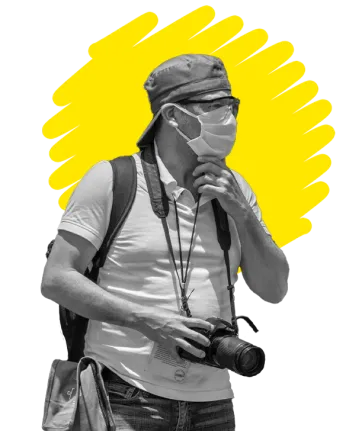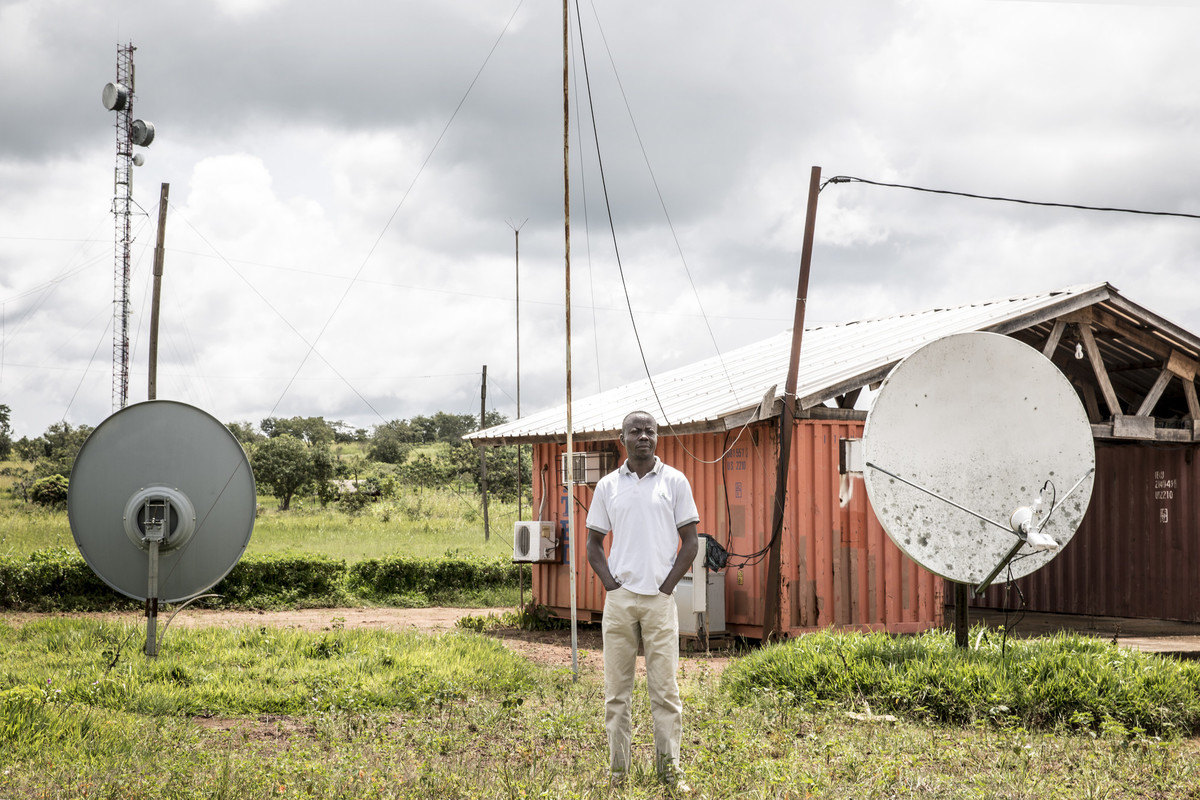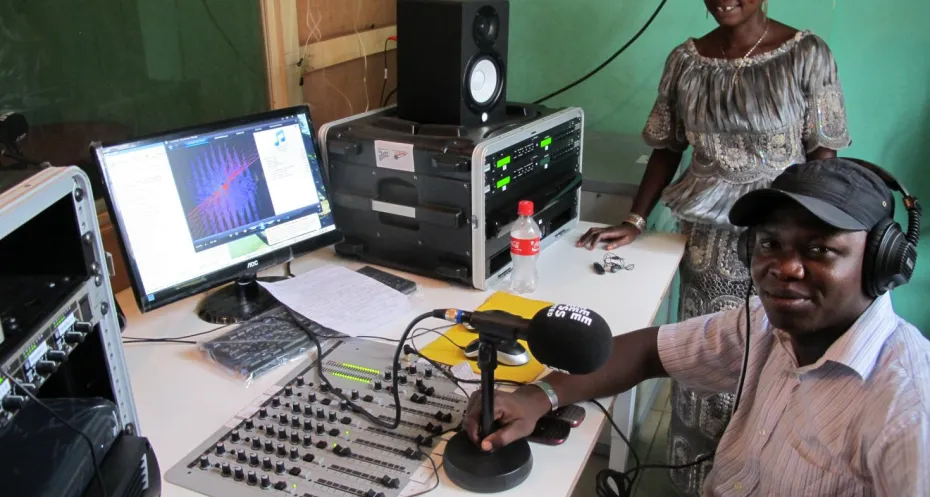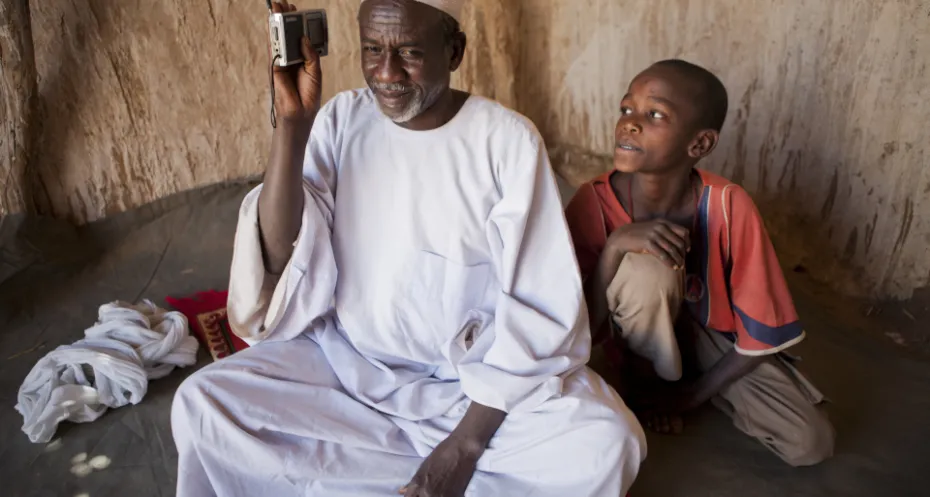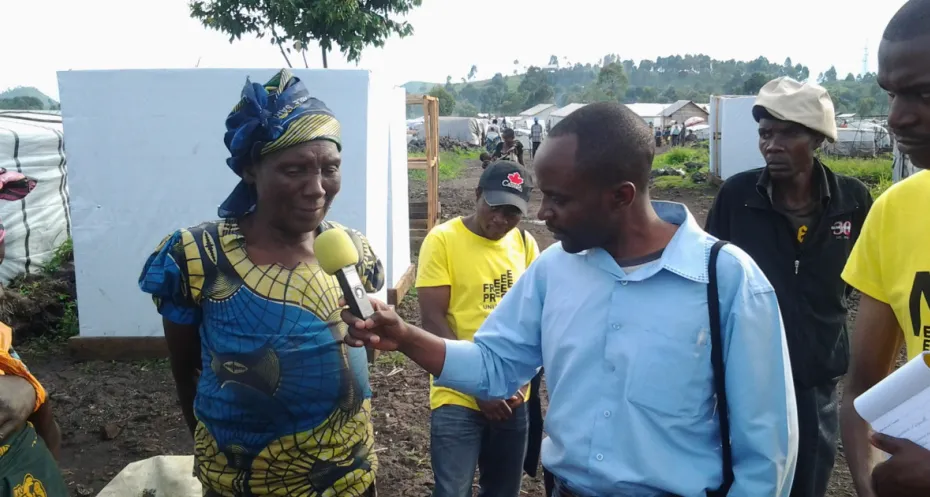
Radio Eastern Congo: information is emergency aid
When you live in the middle of extreme violence and war, reliable information can save your life. In Eastern Congo, the fighting continues. Reliable...
